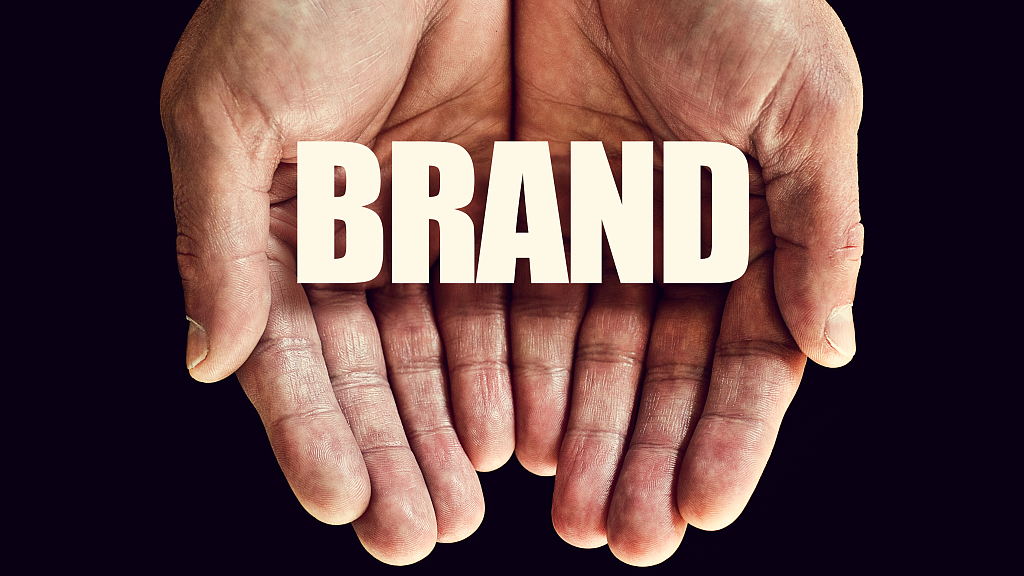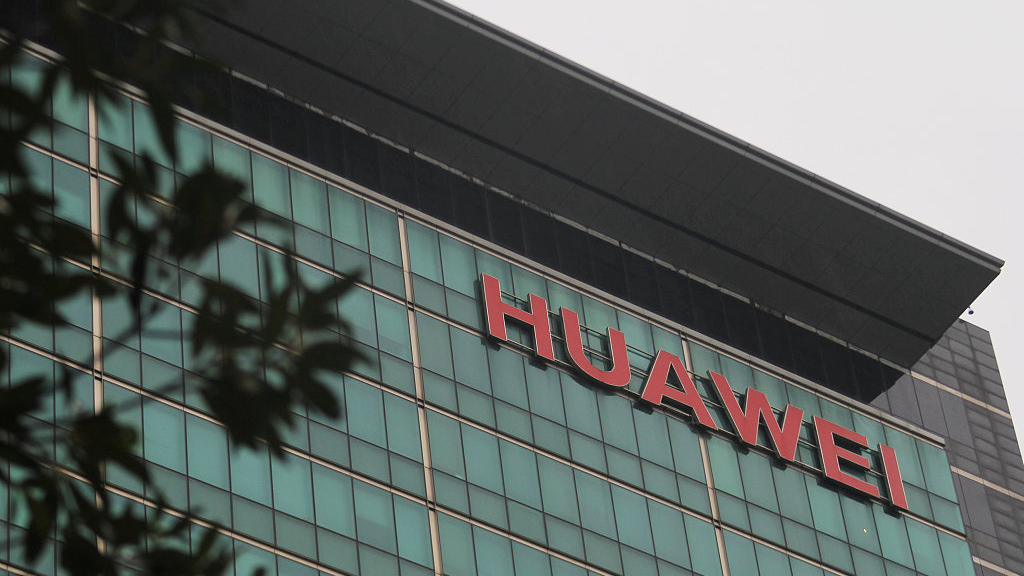
Editor's note: John Gong is a professor at the University of International Business and Economics and a research fellow at the Academy of China Open Economy Studies at UIBE. The article reflects the author's opinions and not necessarily the views of CGTN.
May 10 marks the fourth year of China's celebrating its Brand Day. The idea is to promote the made-in-China brand and help Chinese companies to better build up their brand images as they increasingly become multinational companies selling things around the globe. On the same day, Premier Li made a speech for this celebration event that emphasizes the importance of product quality.
Admittedly there was a time when made-in-China suffered a bad reputation; it stood for things that are cheap, shoddy, short-lasting, and even worse, counterfeits. I remember when I was giving lectures to government officials from Africa several years ago, all my students told me about these images when I asked them their impressions of products coming from China.
Things are changing though, as in other countries had. Who would have imagined that made-in-Germany at one time had pretty much the same image vis-à-vis British products as made-in-China products once suffered. Today the venerable German products often stand for the epitome of quality with German companies' relentless push into new territories, not just in terms of product quality but also innovativeness and creativity. As Premier Li said, I hope quality is something that Chinese companies are chasing as relentlessly as those German companies.
Today we have many Chinese companies developing in that direction, especially in the consumer electronics industry. The global mobile handset industry for example, is dominated by a platoon of venerable Chinese brands as Huawei, ZTE, Xiaomi, OPPO and etc. In Africa, Transsion Tecno, which is a mobile phone brand probably not heard of for many people in China, dominates the continent.
These are all encouraging developments. But aside from the product quality perspective, there is also another aspect of brand that is probably more subtle and more difficult for the brand owners to cultivate among global consumers. Brand, after all, is essentially a perception of the product or the company existing in people's mind. And it doesn't exist in a vacuum. Consumers can certainly experience the product first hand to make their own judgment. But for many others, the perception exists even before experiencing it.

A Huawei logo is pictured at the headquarters of the Chinese telecommunications equipment and smartphone maker in Shenzhen, Guangdong Province, China, March 6, 2019. /VCG Photo
A Huawei logo is pictured at the headquarters of the Chinese telecommunications equipment and smartphone maker in Shenzhen, Guangdong Province, China, March 6, 2019. /VCG Photo
Research has shown that a brand image is not unrelated to that of the country where the brand comes from. Years ago a marketing paper published in Journalism and Mass Communication Quarterly coauthored by two researchers (Han and Wang, 2012) at Beijing University shows that news stories about Chinese products in the U.S. not only are related to public opinion of made-in-China, but also indirectly related to perceptions of China as well. Furthermore, how the news story is framed dictates whether consumers have a positive or negative impression of the made-in-China label, and more often than not it's negative.
Quote from them: "Media may provide a certain type of experience for people who don't have personal or direct experience with a country, so they get the message mainly from the media. They then accumulate this message with their experience of products and the two together forms the image of the country."
What this says is that the image of China and the overall image of made-in-China are also related to individual particular brands from China. In this regard then good Chinese brands today are also somewhat tarnished by the wave of anti-China xenophobic sentiment currently sweeping across the globe as a result of the COVID-19 pandemic, particularly in the United States where politicians left and right are fanning this type of negative sentiment on America's main streets for political gains.
Nevertheless it is a challenge that Corporate China needs to deal with. I don't have a really good strategy recommendation to offer. Maybe time will heal over time. Maybe our government can do something for those countries in need, which it is indeed doing, to help alleviate the negative feelings towards our people and our companies there. In the meantime, Chinese companies have to hunker down and relentless improve their products like the Germans do.
(If you want to contribute and have specific expertise, please contact us at opinions@cgtn.com.)